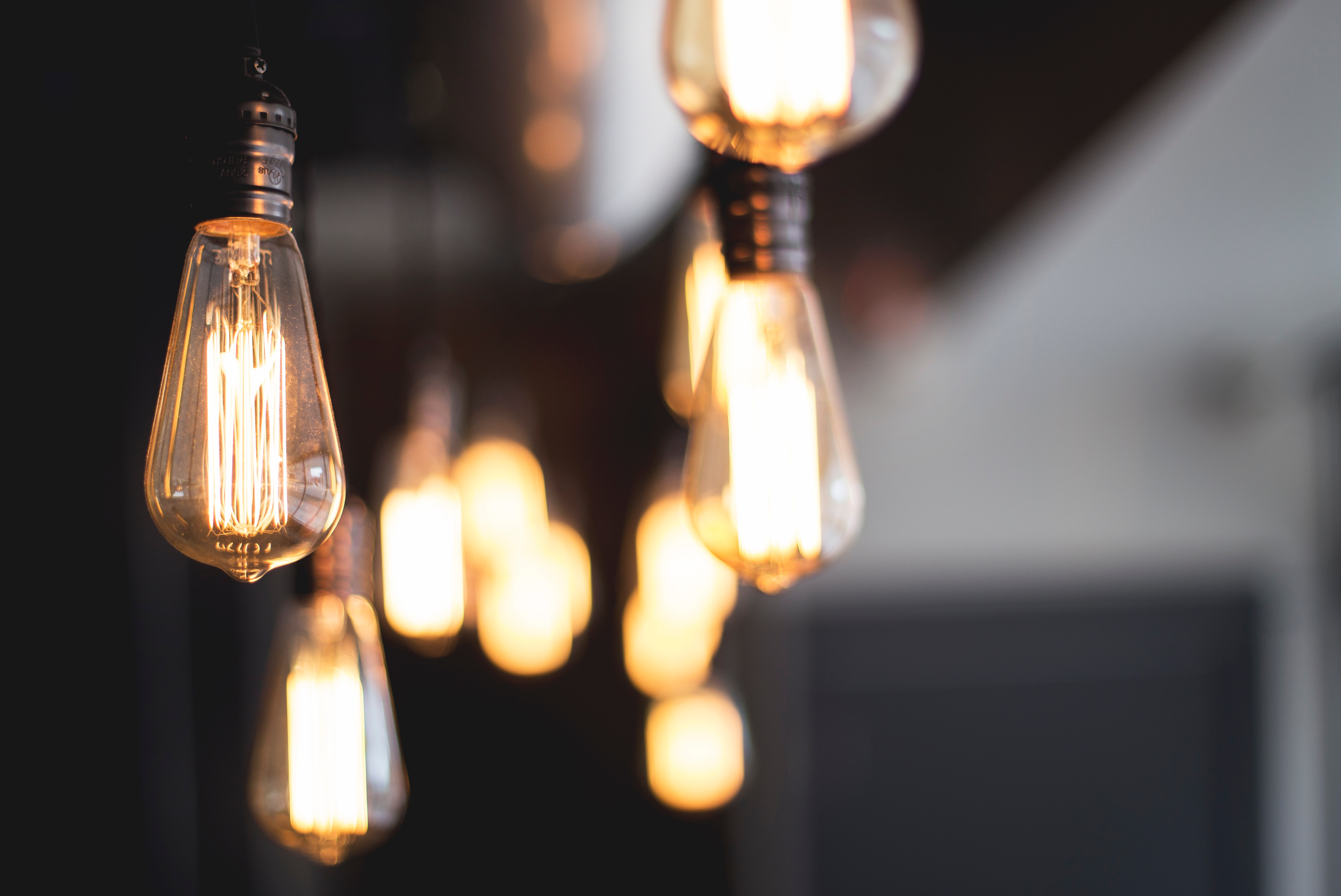
The short answer is, “of course, yes!” As we enter the second stretch of lockdown, families are stuck indoors and with winter nearly around the corner, we’re all looking for easy, fast and simple ways to cut on our electricity bills. Here are a few energy-saving ideas to get you started…
Switch it off if not in use
Did you know that devices and appliances still use electricity if they’re plugged in, but not in use? Think about it: your TV in stand-by mode; your phone charger plugged in next to your bed; your always-on laptop or desktop computer and printer. These are sneaky electricity hogs, so be sure to switch off at the wall socket to save electricity. It’s also a smart idea to turn your geyser off at the electrical board during the times when no one requires hot water, you can always switch it on an hour or so before use – you’ll save hundreds of Rands in electricity.
Electric stove and ovens take up a lot of power, so look at ways to save energy while you cook. Try planning your food menu in advance for the week. Cook up multiple dishes at once and rather use the microwave to reheat these dishes instead of warming it up on the stove or using the oven. Keep your stove and oven clean at all times as baked food particles act as insulation on top of the heating elements, robbing you of cooking efficiency. If you're in the market to buy a new stove, rather choose a range that will use less energy. Consider a convection oven, induction cooktop or a gas stove. Price ranges differ so it's best to shop around to determine what you can afford before making the decision.
Low-energy lighting
LED and compact fluorescent light bulbs use dramatically less power than other lamp types. While they’re still a bit more expensive to buy than incandescent and halogen bulbs (although, prices are coming down steadily), they last much longer and cost less to use in the long run. Don't forget to switch off the lights in a room if you're no longer making use of a specific room.
Curtain call
You may not think of your curtains and blinds as energy-saving features, but when it comes to keeping your home warm or cool, they are one of your most effective assets. While it can block light and noise, curtains are also a great way to prevent heat loss through glass at night, especially in winter – leave those shades wide open to make the most of the warmth on sunny days, and close them again as soon as the sun goes down to trap that heat inside.
Ceiling Insulation
Much like the curtain practice mentioned above, it’s no good for your home to soak up the sun if all that natural heat is just going to disappear. Good insulation will help maintain your indoor temperature, and reduce the effect of hot or cold weather outdoors.
Upgrade if you can
We might often complain that they don’t make things nowadays like they used to. But the reality is that even though your 1988 fridge is still going strong, it’s actually eating your electricity faster than the Pac Man can eat those dots. And it’s not just fridges that are the culprits – many other big appliances from yesteryear, such as geysers, washing machines, dishwashers and tumble dryers can use unnecessary electricity. Newer appliances also come ready equipped with incredible energy-saving capabilities. So, if you’re in the market for a new appliance, look out for the most energy-efficient option. The long-term savings will certainly outweigh any premium you pay now.
Energy-enhance a new home
Are you currently building or planning to build a new home; or, perhaps, you’re considering renovating your home from top to bottom? There are so many clever and cost-effective tweaks you can make in the building process, now, will save you thousands of Rands later, such as installing a gas-hob or solar heating panels. Read more about these tips over here.